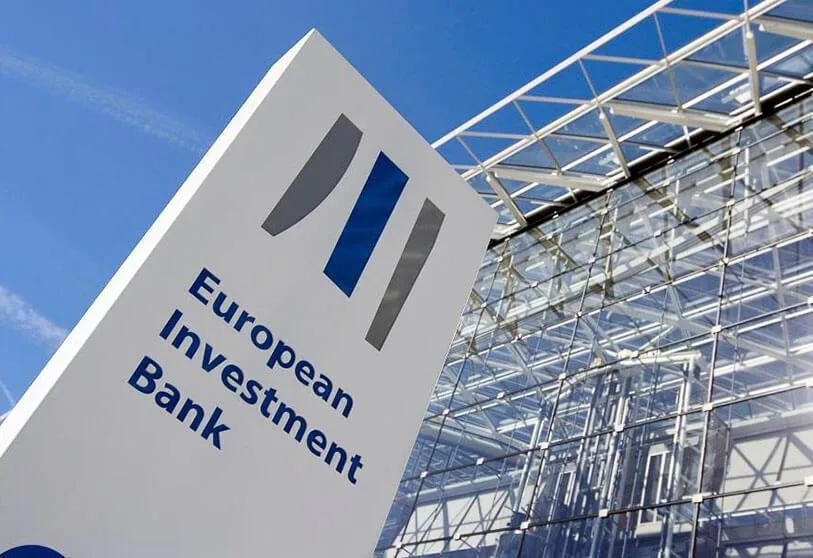Brussels – Promoting labor integration and better services for refugees, facilitating access to credit for women-led businesses, and supporting projects implemented in cohesion regions: these are the main objectives of the €60 million agreement signed by Gelsomina Vigliotti, Vice-President of the European Investment Bank (EIB), and Anna Fasano, President of Banca Etica. The operation is expected to help stimulate €165 million of investment in the real economy, creating a lasting positive impact on society.
“This agreement is a key step forward in backing three important pillars of the future of Italy and Europe: gender equality, better living conditions and social inclusion for refugees, and economic development in southern Italy,” Vigliotti said. “Via our financial support and advisory services, the EIB is committed to supporting the real economy, fostering inclusive growth and a more equal and sustainable society.”
“Banca Etica’s goal is to finance the social economy by supporting the businesses and people most at risk of financial exclusion, including refugees and women. It is important for us to be the first Italian bank to sign an agreement with the EIB to do even more in this domain. It is also a recognition of the specific expertise we have developed over 25 years of working to provide financial services to high social impact initiatives that struggle to secure credit in the mainstream financial system,” said Banca Etica President Anna Fasano.
Specifically, the agreement is split into three sections aimed at supporting the same number of priorities. The first is that at least 30% of the EIB funds will go to women-led small and medium-sized enterprises (SMEs). This operation aims to narrow the gender gap, making it easier for women entrepreneurs to access finance and help for growing their businesses.
The second section states that at least 30% of the funds will be allocated to projects aiming to improve infrastructure and social services for refugees and helping refugees to enter the labour market. The goal is to create better living conditions and foster the economic empowerment of refugees via investment in housing, education and vocational training.
The third and final section states that at least 30% of the resources will go to SME projects in cohesion regions, helping to strengthen the economy and society, create job opportunities, and reduce regional disparities.
The EIB will also provide free technical assistance under the Social Inclusive Finance Technical Assistance (SIFTA) programme. This is being financed by the InvestEU Advisory Hub and will help Banca Etica to allocate resources to women-led SMEs, refugee services and businesses operating in cohesion regions. Launched in 2022, the SIFTA programme has supported around 60 microfinance and credit institutions investing in high social impact companies in over 20 EU countries, helping with investment preparation, portfolio analysis and the creation of a pipeline of operations.
English version by the Translation Service of Withub![La vicepresidente della Bei, Gelsomina Vigliotti. L'organismo vuole diventare la banca per il clima dell'Ue, dice a HGE9 [Roma, 30 novembre 2022]](https://www.eunews.it/wp-content/uploads/2022/11/vigliotti.png.webp)




![[foto: Wikimedia Commons]](https://www.eunews.it/wp-content/uploads/2024/12/casalinga-felice-350x250.jpg)




